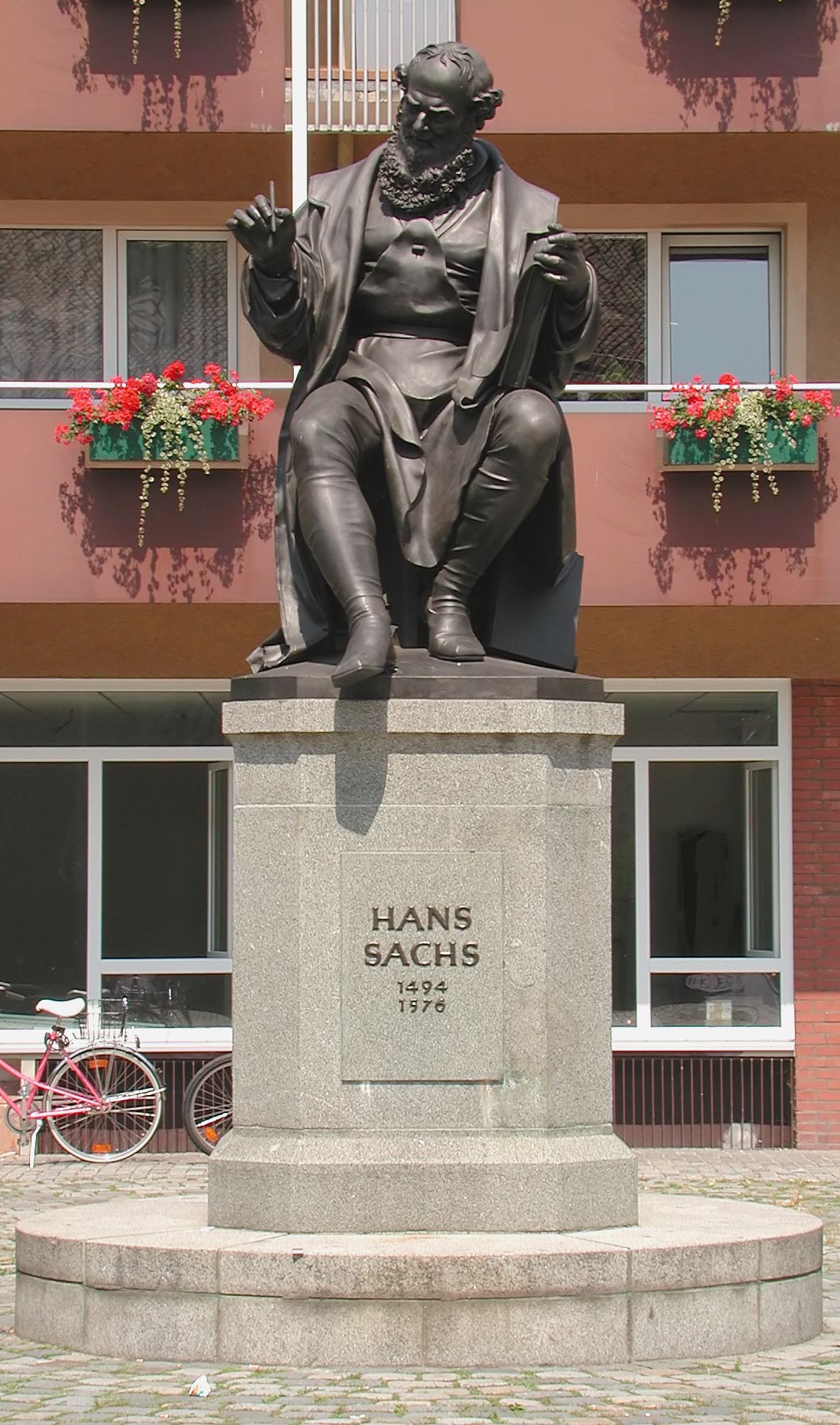|
Fünsing
Fünsing is a fictional German " village of fools". The 19th century ''Deutsches Wörterbuch'' by Brothers Grimm defines the word Fünsinger as a silly person, a simpleton whose actions provoke laughter; Latin: ''baburnus'', '' stultus'' and compares the word with " Schildburger". Making fun of peasants was common in 16th century German drama, drawing contrast between smart and well-mannered city dwellers and stupid and clumsy peasants. Fünsing is best known from two by the 16th century German poet and playwirght Hans Sachs: "Der Roßdieb zu Fünsing" ("A Horse Thief from Fünsing") and "Die Fünsinger Bauern" ("Peasants of Fünsing"). (1558) In the first one, one of the best known pieces of Sachs, the caught horse thief defends himself by arguing that he is no more dishonest than the judges, who, he asserts would do the same, had they had an opportunity. The judges let him go after he promises to come back after the harvest to be hanged.''Judges, Judging and Humour''pp, 113 ... [...More Info...] [...Related Items...] OR: [Wikipedia] [Google] [Baidu] |
Hans Sachs
Hans Sachs (5 November 1494 – 19 January 1576) was a German ''Meistersinger'' ("mastersinger"), poetry, poet, playwright, and shoemaking, shoemaker. Biography Hans Sachs was born in Nuremberg (). As a child he attended a singing school that was held in the church of Nuremberg. This helped to awaken in him a taste for poetry and music.2009 Jean Henri Merle D'Aubign, History of the Great Reformation of the Sixteenth Century in Germany, Switzerland. General Books His father was a tailor. He attended Latin school () in Nuremberg. When he was 14 he took up an apprenticeship as a shoemaker. After the apprenticeship, at age 17, he was a journeyman and set out on his Journeyman years (''Wanderjahre'' or ''Walz''), that is, travelling about with companions and students. Over several years he worked at his craft in many towns, including Regensburg, Passau, Salzburg, Munich, Osnabrück, Lübeck, and Leipzig. In 1513 he reached the small town of Wels, where he remained for a time, devo ... [...More Info...] [...Related Items...] OR: [Wikipedia] [Google] [Baidu] |
